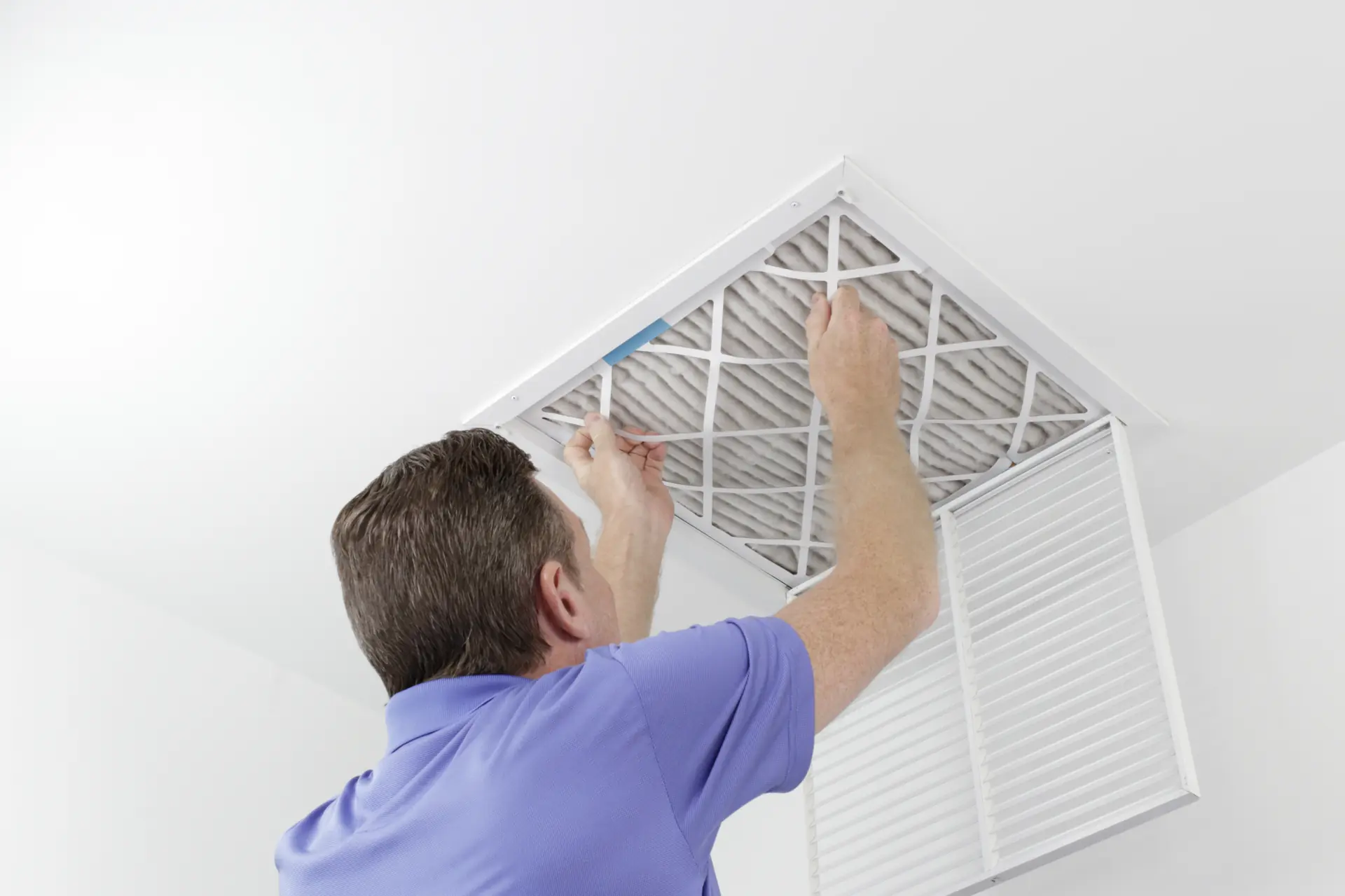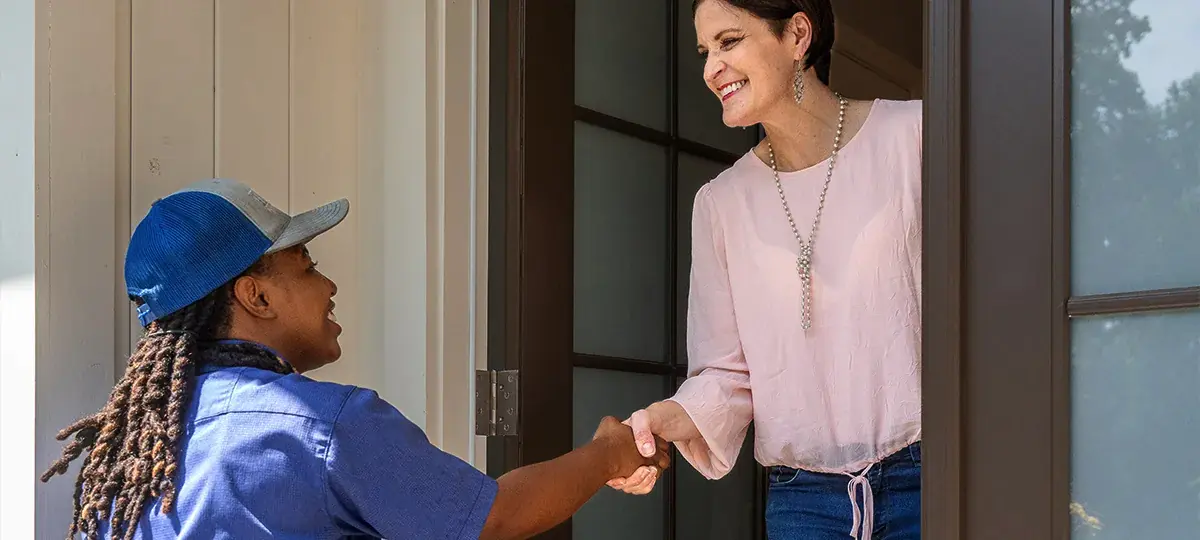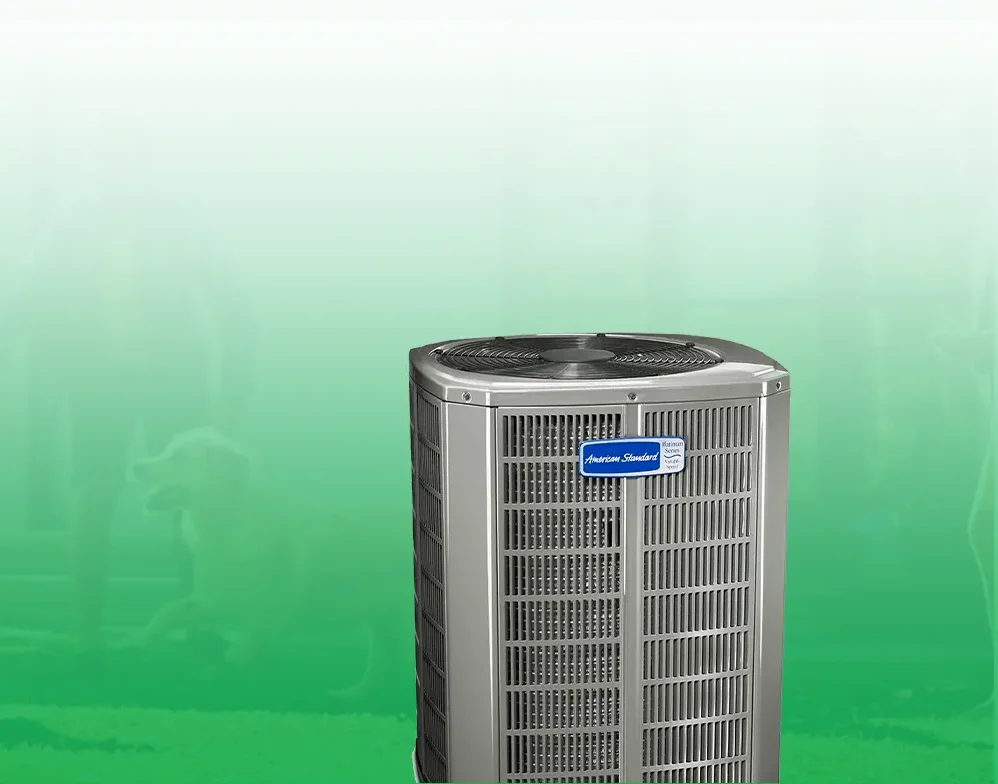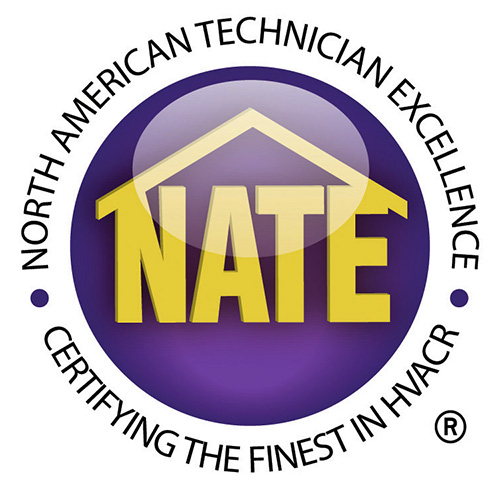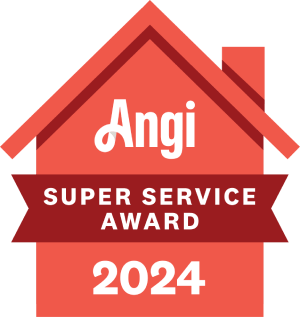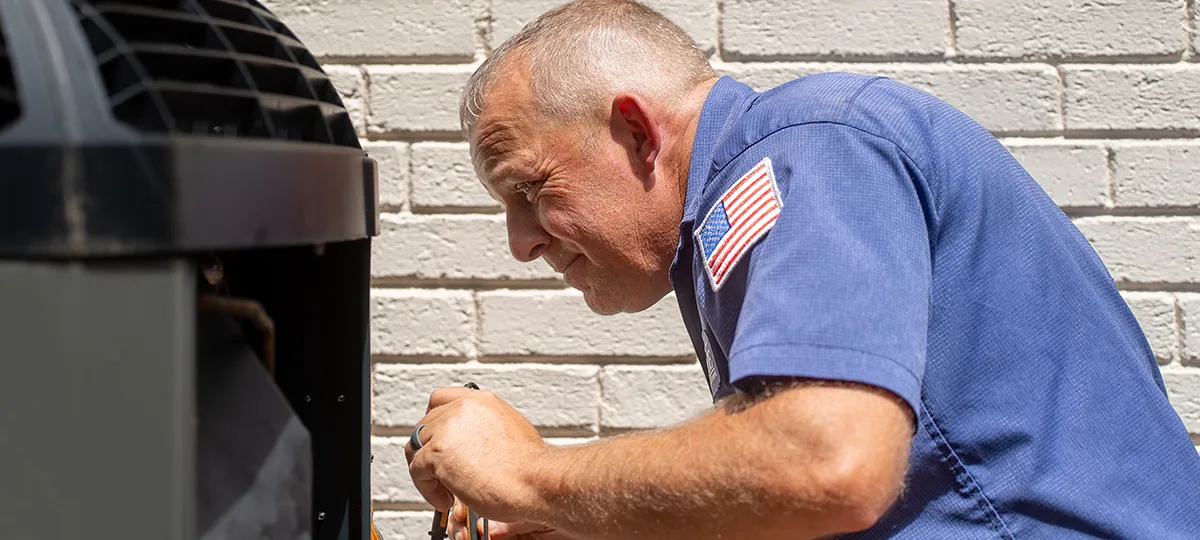The HVAC industry is undergoing significant changes as it transitions to more environmentally friendly refrigerants, and one of the biggest changes is the phaseout of R-410A. If you own a home with a central air conditioning or heat pump system, you’ve likely heard about the R-410A phaseout and its upcoming replacements. But what does this mean for you, your home’s HVAC system, and future cooling and heating needs?
At Horne HVAC Charlotte, we’re here to break down the important details homeowners need to know about the R-410A phaseout, how it will affect repairs and new installations, and the eco-friendly refrigerants that are replacing it.
Why Is R-410A Being Phased Out?
R-410A, commonly known by the brand name Puron, has been the standard refrigerant for most residential air conditioners and heat pumps for the past two decades. It replaced R-22 (Freon), which was phased out due to its harmful effects on the ozone layer. However, R-410A has a high Global Warming Potential (GWP)—meaning it significantly contributes to global warming when released into the atmosphere.
In response to growing environmental concerns, the American Innovation and Manufacturing (AIM) Act was passed in 2020, mandating a gradual reduction in the use of refrigerants with high GWPs, including R-410A. The goal is to phase down the production and import of R-410A by 2024, with a complete transition to low-GWP refrigerants by 2025.
How Does the R-410A Phaseout Affect Homeowners?
If you own an HVAC system that uses R-410A, here’s what you need to know about how the phaseout could impact you:
1. Availability and Cost of R-410A
As the production and import of R-410A decrease, its availability will become more limited. This reduced supply will likely drive up the cost of R-410A, especially for homeowners who need refrigerant recharges during repairs. If your system experiences a refrigerant leak or needs servicing, the price of repairs could rise due to the increasing cost of R-410A.
2. Repairs for Existing R-410A Systems
If your current HVAC system is still in good condition and relatively new, you don’t need to worry about immediately replacing it. R-410A will still be available for maintenance and repairs for the foreseeable future, although at higher prices. However, as the phaseout progresses, finding technicians certified to work with R-410A and obtaining parts could become more challenging and expensive.
At Horne HVAC Charlotte, we recommend scheduling regular maintenance to ensure your system is running efficiently and to catch any refrigerant leaks early on. Doing so can help you avoid costly repairs and unexpected breakdowns as R-410A becomes scarcer.
3. Upgrading to New Systems
If your HVAC system is older, now may be the right time to consider upgrading to a new system that uses one of the eco-friendly refrigerant alternatives to R-410A. New HVAC systems are being designed with refrigerants that have much lower GWPs, which means they are more environmentally friendly and comply with the latest regulatory standards.
What Are the Replacements for R-410A?
With the phaseout of R-410A, two refrigerants are emerging as the leading alternatives: R-32 and R-454B. Let’s take a closer look at each:
1. R-32
- GWP: 675 (significantly lower than R-410A’s GWP of 2088)
- Energy Efficiency: R-32 is a single-component refrigerant that has better heat transfer properties than R-410A, making HVAC systems more energy-efficient. This translates to lower energy bills for homeowners.
- Safety: Like many new refrigerants, R-32 is classified as mildly flammable (A2L), but with proper installation and maintenance, it poses no major safety concerns for homeowners.
- System Design: HVAC systems that use R-32 are designed specifically to work with this refrigerant, offering high efficiency and performance.
2. R-454B
- GWP: 466 (one of the lowest GWPs available, making it even more eco-friendly than R-32)
- Energy Efficiency: R-454B improves energy efficiency compared to R-410A but is similar to R-32 in terms of performance.
- Compatibility: One of the biggest advantages of R-454B is that it can be used in systems originally designed for R-410A with minimal changes. This makes it a great option for homeowners looking to upgrade without fully replacing their entire HVAC system.
Should You Upgrade Your HVAC System Now?
If your HVAC system is approaching 10–15 years of age, now is a great time to start planning for an upgrade to a system that uses R-32 or R-454B. Upgrading now not only ensures that you’re compliant with future refrigerant regulations, but it can also lead to improved energy efficiency, lower utility bills, and a reduced environmental footprint.
At Horne HVAC Charlotte, we recommend considering an upgrade if:
- Your system is more than 10 years old
- You’ve experienced frequent repairs or refrigerant leaks
- You want to take advantage of the latest energy-saving technology
- You’re concerned about the rising costs of R-410A and future availability issues
What Should You Do If You Have an R-410A System?
For homeowners with relatively new R-410A systems, there’s no need to panic. These systems are still legal, and R-410A will remain available for maintenance and repairs for several years. However, it’s wise to be prepared for higher refrigerant costs down the road. Routine maintenance will be essential to keep your system running smoothly and to avoid leaks that could require costly refrigerant recharges.
If you’re concerned about the future of your R-410A system or want to explore your upgrade options, our team at Horne HVAC Charlotte is here to help. We offer comprehensive HVAC services, including maintenance, repairs, and installations of new, energy-efficient systems that use the latest refrigerants.
The phaseout of R-410A is part of a larger shift toward more sustainable and environmentally friendly HVAC technology. While this transition may lead to higher repair costs for existing systems, it also presents an opportunity to upgrade to more efficient and eco-friendly refrigerants like R-32 and R-454B.
At Horne HVAC Charlotte, we’re committed to helping homeowners navigate these changes with confidence. Whether you’re looking to maintain your current system or upgrade to a new one, we have the expertise and solutions to meet your needs.
If you have any questions about the R-410A phaseout or want to discuss your options for upgrading your HVAC system, contact us today. We’re here to keep your home comfortable, efficient, and environmentally responsible.

